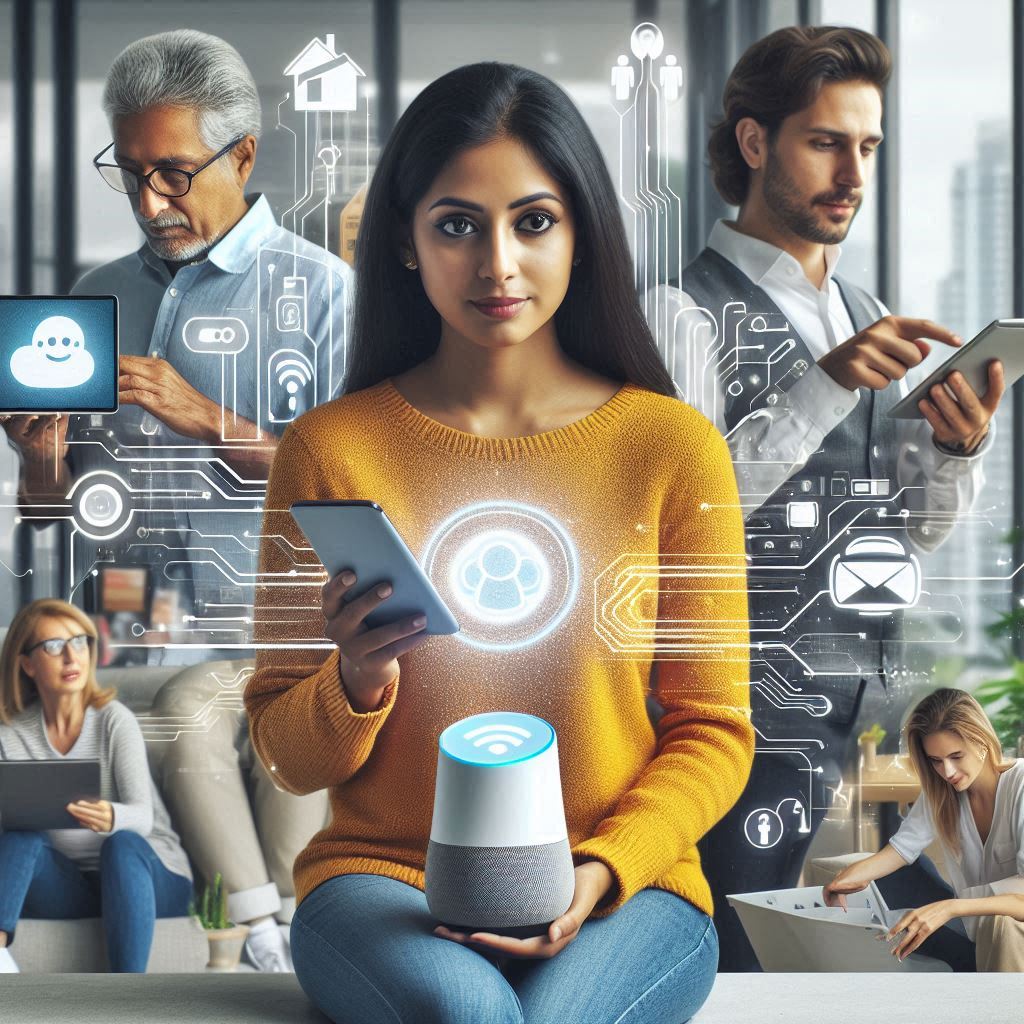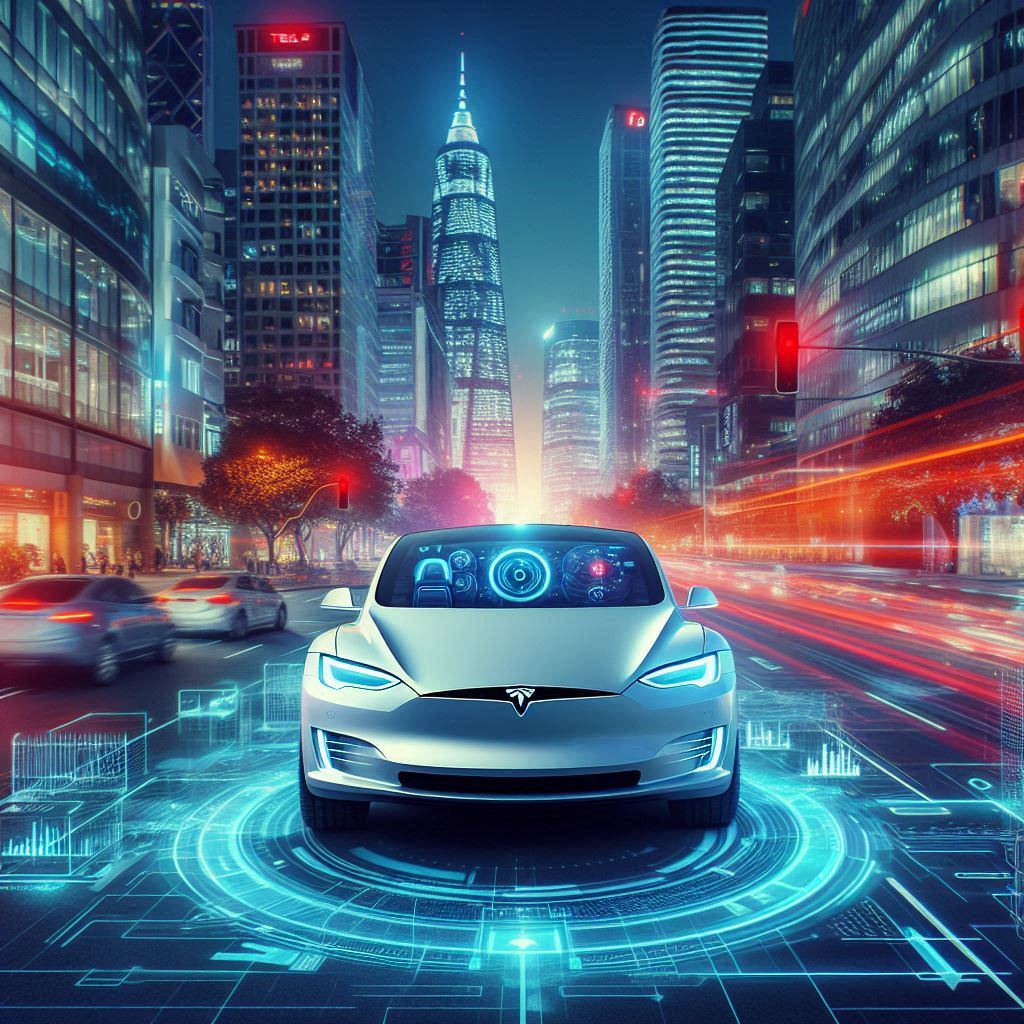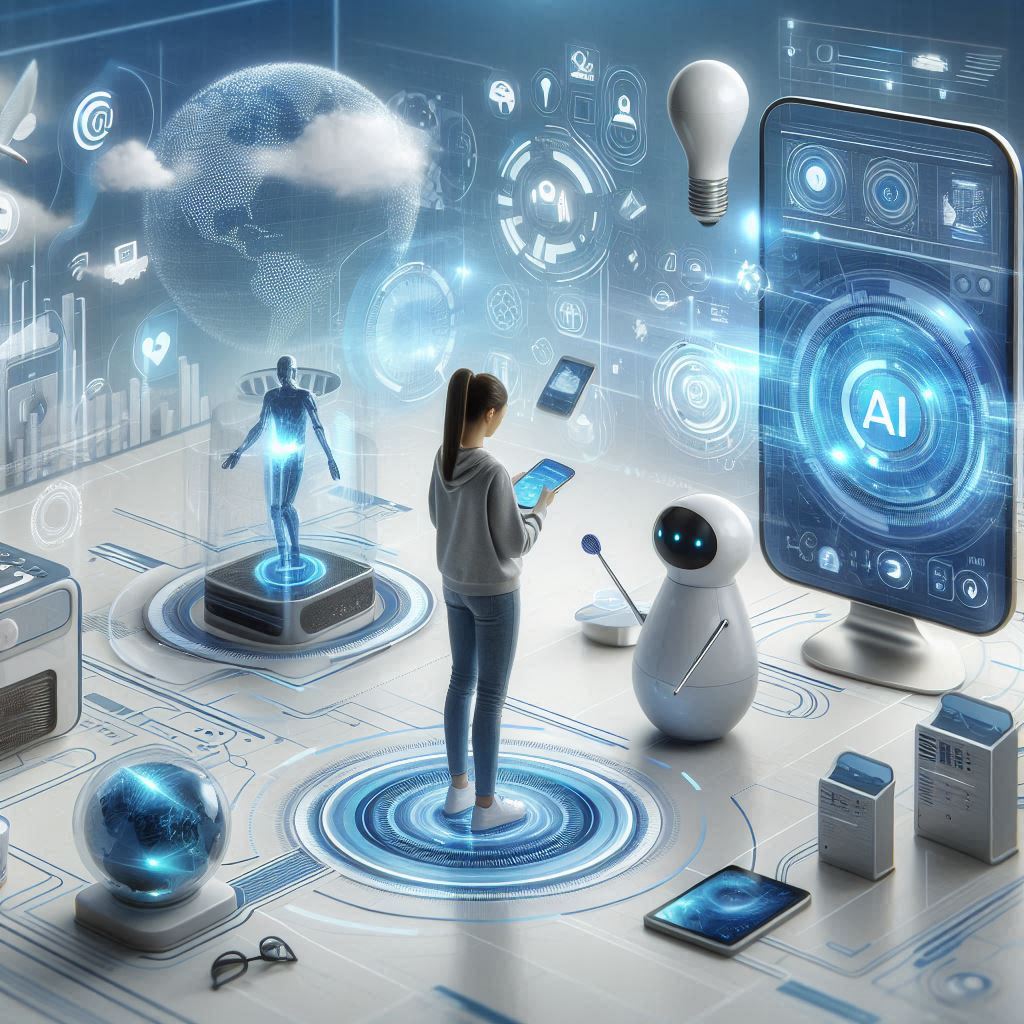The Dawn of AI Revolution
Artificial Intelligence (AI) tools are revolutionizing industries and transforming our daily lives. From boosting productivity to enhancing creativity, AI is at the forefront of a new technological era. Let’s delve into the top 20 AI tools that promise to change your life forever.
Embracing AI in Everyday Life
AI tools are becoming increasingly integrated into our everyday routines, offering solutions that were once thought to be the realm of science fiction. These tools are not just for tech enthusiasts; they’re for anyone looking to simplify their tasks, increase efficiency, and innovate in ways never before possible. As AI technology advances, it’s reshaping the landscape of work, creativity, and daily living, offering unprecedented opportunities for enhancement and growth.
Challenges in Managing Daily Tasks

In our fast-paced world, managing tasks efficiently can be a daunting challenge. From organizing schedules to creating content and managing data, the sheer volume of work can be overwhelming. Traditional methods often fall short, leaving us stressed and behind on our to-do lists. The lack of effective tools to streamline our tasks can result in wasted time, decreased productivity, and increased frustration. This is where AI tools come in, offering smart, automated solutions to streamline our daily activities, allowing us to focus on what truly matters.
Unveiling the Top 20 AI Tools
1. OpenAI’s GPT-4: Enhancing Human Creativity
OpenAI’s GPT-4 is a groundbreaking language model that enhances human creativity and productivity. Ideal for writers, developers, and researchers, GPT-4 can generate high-quality text, code, and even poetry. Its advanced language processing capabilities make it a versatile tool for a variety of applications, from drafting documents to brainstorming creative ideas. Examples include generating detailed technical reports and crafting compelling marketing copy.
2. Luma AI: Revolutionizing Visual Content Creation
Luma AI specializes in visual content creation, using advanced algorithms to generate stunning visuals with minimal input. Ideal for marketers and content creators, Luma AI saves time and enhances creativity. By automating the design process, it allows users to produce high-quality content without needing extensive design skills. Examples of its capabilities include generating customized graphics for social media posts and creating engaging promotional videos.
3. Luma Dream Machine: Fueling Creative Inspiration
The Luma Dream Machine taps into your subconscious to create dream-like visuals and scenarios. Perfect for artists and storytellers, this tool uses cutting-edge neural networks to interpret and visualize imaginative ideas, helping creatives push the boundaries of their work. It can generate surreal art pieces based on user descriptions and create unique visual narratives for storytelling projects.
4. Hostinger AI: Simplifying Website Management
Hostinger AI is an AI-powered website builder and manager that simplifies the process of creating and maintaining websites. With intuitive design tools and smart analytics, it’s perfect for small business owners and entrepreneurs. Hostinger AI can suggest optimal website layouts, enhance SEO, and monitor site performance. Examples include automatically generating content based on user input and providing SEO optimization tips to improve site visibility.
5. InVideo AI: Democratizing Video Production

InVideo AI uses AI to help you create professional-quality videos quickly. From editing to production, InVideo AI makes video creation accessible to everyone. It offers templates, automated editing features, and smart suggestions to streamline the video production process. Examples include creating promotional videos for businesses and generating tutorial videos with minimal effort.
6. Runway AI: Transforming Fashion Design
Runway AI revolutionizes the fashion industry by predicting trends and optimizing design processes. Fashion designers and retailers can use Runway AI to stay ahead of the curve. It analyzes data from social media, runway shows, and consumer behavior to forecast upcoming trends and provide insights that inform design and marketing strategies. Examples include suggesting trending color palettes and predicting popular clothing styles for upcoming seasons.
7. Siri: Your Pocket Personal Assistant
Apple’s Siri uses AI to help users manage tasks, set reminders, and answer queries. Siri can integrate with various apps and services to provide seamless assistance in managing your daily life. Examples include setting up reminders for meetings and providing navigation assistance.
8. Google Assistant: Streamlining Daily Activities
Google Assistant helps you manage your day, control smart home devices, and even make reservations. Its powerful AI capabilities enable it to understand and respond to complex commands, making it an invaluable tool for multitasking and efficiency. Examples include booking a table at a restaurant and providing real-time traffic updates.
9. Alexa: Controlling Your Smart Home
Amazon’s Alexa integrates with a variety of smart home devices, making it easy to control your home environment with voice commands. Alexa’s extensive skill set and compatibility with numerous devices make it a versatile tool for managing everything from lighting and climate control to security and entertainment. Examples include controlling smart thermostats and playing music from streaming services.
10. Tesla Autopilot: The Future of Transportation

Tesla Autopilot enhances driving safety and convenience by using AI to navigate roads and avoid obstacles. It represents a significant leap towards the future of autonomous vehicles, making daily commutes safer and more efficient. Examples include autonomously navigating highway traffic and automatically changing lanes when necessary.
11. Replika: Your AI Companion
Replika is an AI chatbot designed to be a companion for users, offering emotional support and conversation. It learns from interactions to provide more personalized responses over time. Examples of its use include helping users manage stress and offering companionship to those feeling lonely.
12. DeepMind: Advancing Healthcare
DeepMind focuses on using AI to solve complex problems, particularly in healthcare. Its AI models assist in diagnosing diseases, predicting patient outcomes, and optimizing treatment plans. Examples include improving the accuracy of breast cancer detection and predicting acute kidney injury in patients.
13. IBM Watson: Revolutionizing Business Intelligence
IBM Watson provides AI-driven insights to businesses, enhancing decision-making and operational efficiency. Watson can analyze vast amounts of data to uncover patterns and trends, helping companies optimize their strategies. Examples include assisting in financial fraud detection and enhancing customer service through AI-powered chatbots.
14. Grammarly: Perfecting Your Writing
Grammarly is a writing assistant that corrects grammar and enhances style and tone. Ideal for writers, students, and professionals, Grammarly uses advanced language processing algorithms to offer real-time suggestions and corrections. Examples of its functionality include detecting grammatical errors in emails and providing style suggestions to improve the readability of essays.
15. Hugging Face: Democratizing NLP
Hugging Face offers a suite of tools for natural language processing (NLP) that democratizes access to powerful language models. Researchers and developers can use Hugging Face to build and deploy NLP applications easily. Examples include creating chatbots and automating text classification tasks.
16. UiPath: Automating Workflows

UiPath uses AI to automate repetitive tasks in business workflows, increasing efficiency and reducing human error. It’s ideal for enterprises looking to streamline operations and improve productivity. Examples include automating data entry processes and managing customer service inquiries.
17. Viz.ai: Enhancing Medical Imaging
Viz.ai uses AI to enhance the analysis of medical imaging, helping doctors diagnose conditions faster and more accurately. It integrates with existing imaging systems to provide real-time insights. Examples include detecting strokes in CT scans and identifying brain aneurysms.
18. Affectiva: Reading Human Emotions
Affectiva specializes in emotion AI, which can analyze human expressions and vocal tones to understand emotional states. It’s used in various industries, from automotive to marketing, to improve user experiences. Examples include enhancing driver safety systems and creating more engaging advertising content.
19. Blue River Technology: Transforming Agriculture
Blue River Technology uses AI to optimize agricultural practices, making farming more efficient and sustainable. Its AI-powered machines can identify and manage individual plants, reducing the need for chemical inputs. Examples include precision spraying of crops and automated weeding.
20. Face++: Advancing Facial Recognition
Face++ offers advanced facial recognition technology used in security, retail, and more. It can identify individuals in real-time and analyze facial attributes for various applications. Examples include enhancing security systems and enabling personalized shopping experiences.
Groundbreaking Innovation: Tesla Autopilot
One of the most groundbreaking AI tools is Tesla Autopilot. This advanced driving system uses AI to navigate roads, avoid obstacles, and ensure passenger safety. It’s not just a convenience; it’s a significant leap towards the future of autonomous transportation. Tesla Autopilot’s real-time processing and decision-making capabilities allow it to handle complex driving scenarios, reducing the risk of accidents and enhancing the overall driving experience. This technology is poised to revolutionize the automotive industry, offering a safer, more efficient mode of transportation that could eventually lead to a world where human drivers are no longer necessary.
Conclusion: Embracing AI for a Better Life
AI tools are no longer just a novelty; they’re essential components of our daily lives. From boosting productivity to enhancing creativity and ensuring safety, these tools are transforming the way we live and work. The integration of AI into various aspects of our lives is driving significant changes, enabling us to achieve more with less effort and opening up new possibilities for innovation and growth.
Explore More AI Tools
By incorporating AI tools into our daily routines, we can unlock new levels of efficiency, creativity, and convenience. These twenty AI tools are just the beginning of what is possible, and as technology continues to advance, we can expect even more exciting developments in the future. Whether you’re looking to streamline your work, enhance your creativity, or improve your quality of life, AI tools offer powerful solutions that can help you achieve your goals. So, take the plunge and explore the transformative potential of AI today!
